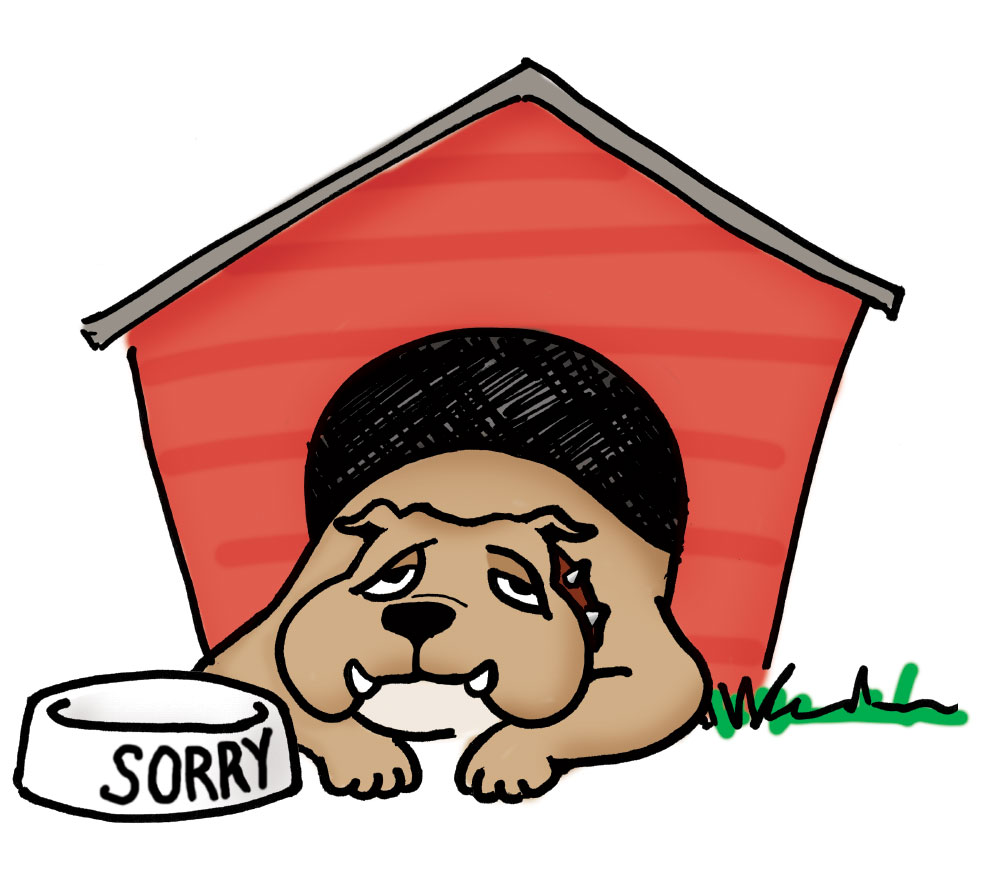
We're sorry to say that the page you're looking for isn't here.
Like daddy used to say, "sorry don't feed the bulldog!" so let us make it up to you! From here, you can:
- Let us know about the problem
- Read more North Carolina Stories
- Or, you can go back to the homepage.

